How Professor Drew Lobenstein balances teaching with his love of breeding pigeons
Lobenstein conducts a lecture to the students during his public speaking class. Photo credit: Evan Reinhardt
January 16, 2019
For more than two decades, Drew Lobenstein has taught communications at Moorpark College and is just shy of the impassable five stars on RateMyProfessor. However, he isn’t your average communications professor. Not only is Lobenstein admired by students for his devotion as a public speaking teacher, but very few know that he is an award-winning pigeon breeder. His pigeons can be found throughout the world, some even having reached establishments like the Beijing Zoo. In fact, Lobenstein has been awarded the “Lifetime Achievement Award” and been inducted into the “Hall of Fame” of the National Pigeon Association. Lobenstein sat down with reporter Ulises Koyoc to share how pigeons and public speaking have impacted his life.
How did this passion for pigeon breeding come about?
“I was six when my father actually bought pigeons that we would use as food later, but he made me feed them every day so they got fatter and more tender. I don’t know why, but I got so attached to them that I begged him to not kill them after the first meal had been served. I was crying [and] my father said ‘Fine, you take care of them then.’ Maybe he did this to shut me up.”
Pigeon breeding is not a common hobby nowadays, why still do it?
“Because I’ve done it since I was a little boy so it’s been a part of me for more than half my life. Sure the hobby isn’t practiced much now in America, but other places like in Mexico or Asia still breed. I love doing it and meeting new people. I owe traveling the world to pigeons. These little birds gave me the opportunity to fly around the world for competitions. I can remember when on my street there [were] 13 guys breeding, now there’s only three of us in the entire San Fernando area.”
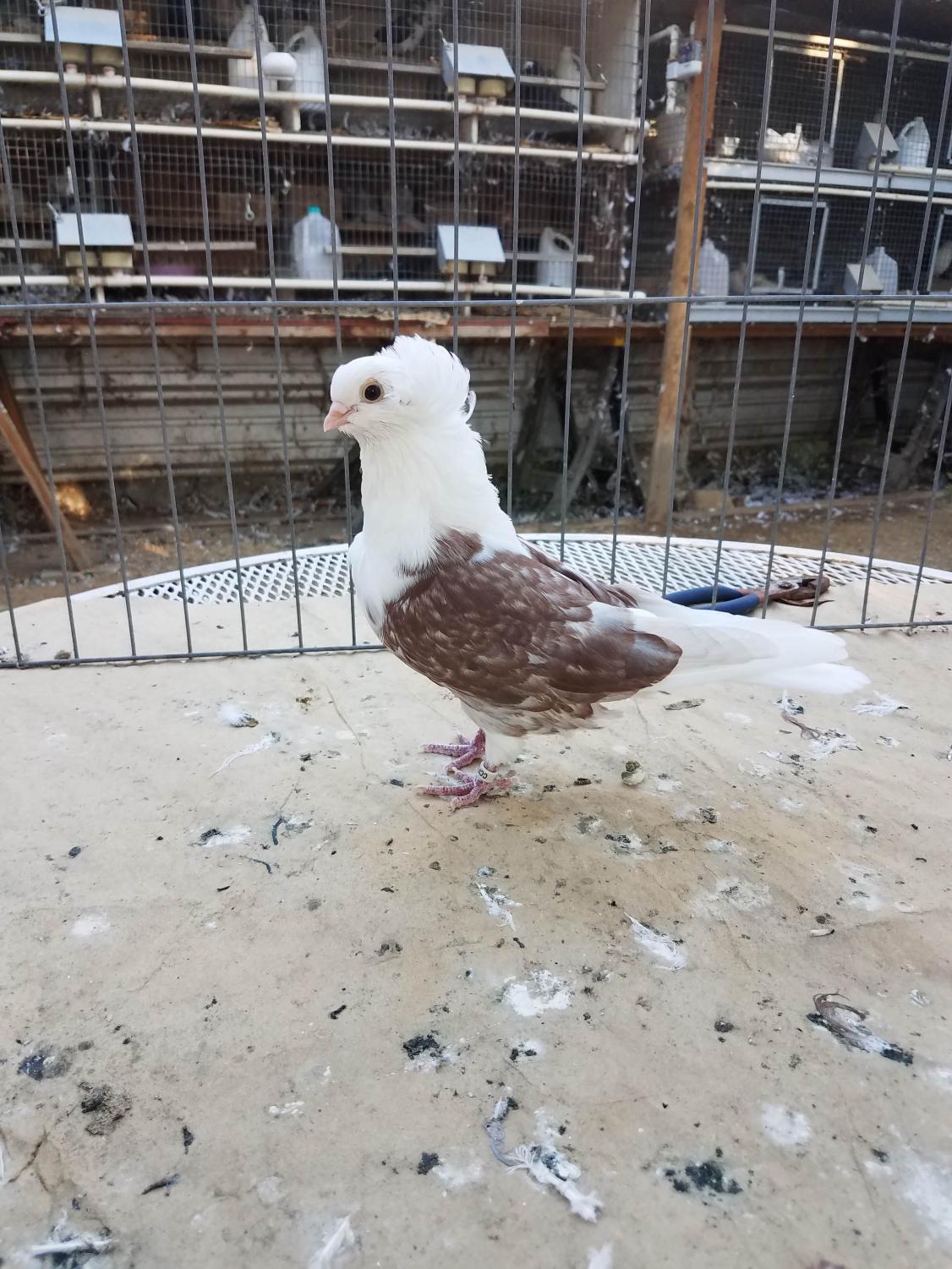
Do you think your family will carry on the tradition of breeding?
“My family has tried breeding before, but they didn’t enjoy it enough for them to continue. My daughters especially are more focused on other things than breeding pigeons. Pigeon breeding tends to be done by older guys who have a lot of time in their hands so when I see younger people at competitions it gives me a smile to know that the sport will continue.”
What is your favorite type of pigeon to breed?
“For me, my favorite is the Jacobin pigeon because they are so elegant in the physical sense and extremely smart. All pigeons tend to be intelligent but these Jacobins simply amaze me; their hoods and eyes are gorgeous. The downfall to Jacobins is that they take longer to breed than other types, but I think the reward is better.”
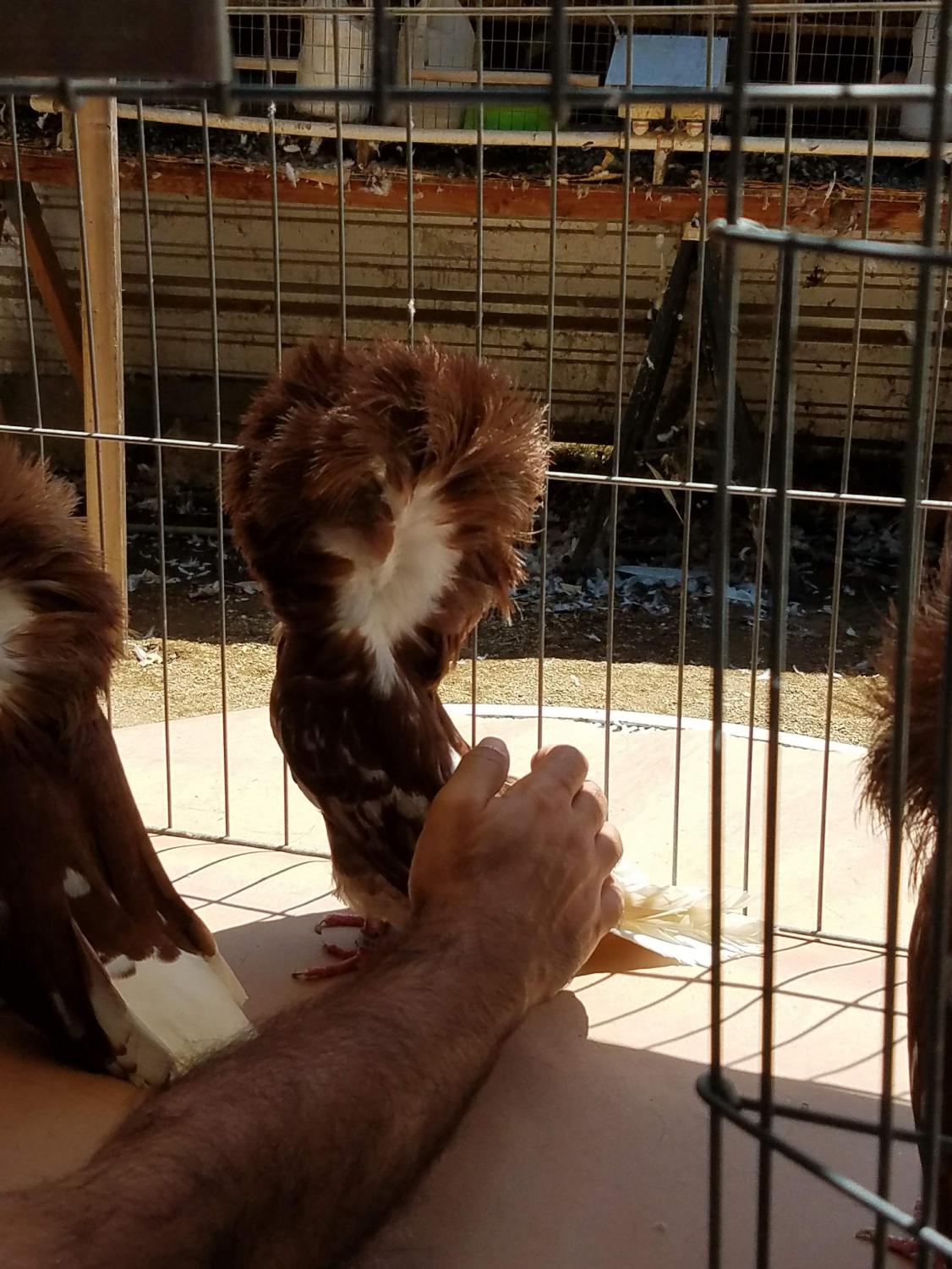
Do you think you’ve bred the perfect pigeon?
“I don’t think so, I’ve come close to breeding such a beautiful pigeon before, but it was not the best I’ve ever done. Maybe in my lifetime, I won’t be able to see such a pigeon, but that doesn’t mean I’m giving up. It takes time and patience to achieve what one wants, there’s still hope.
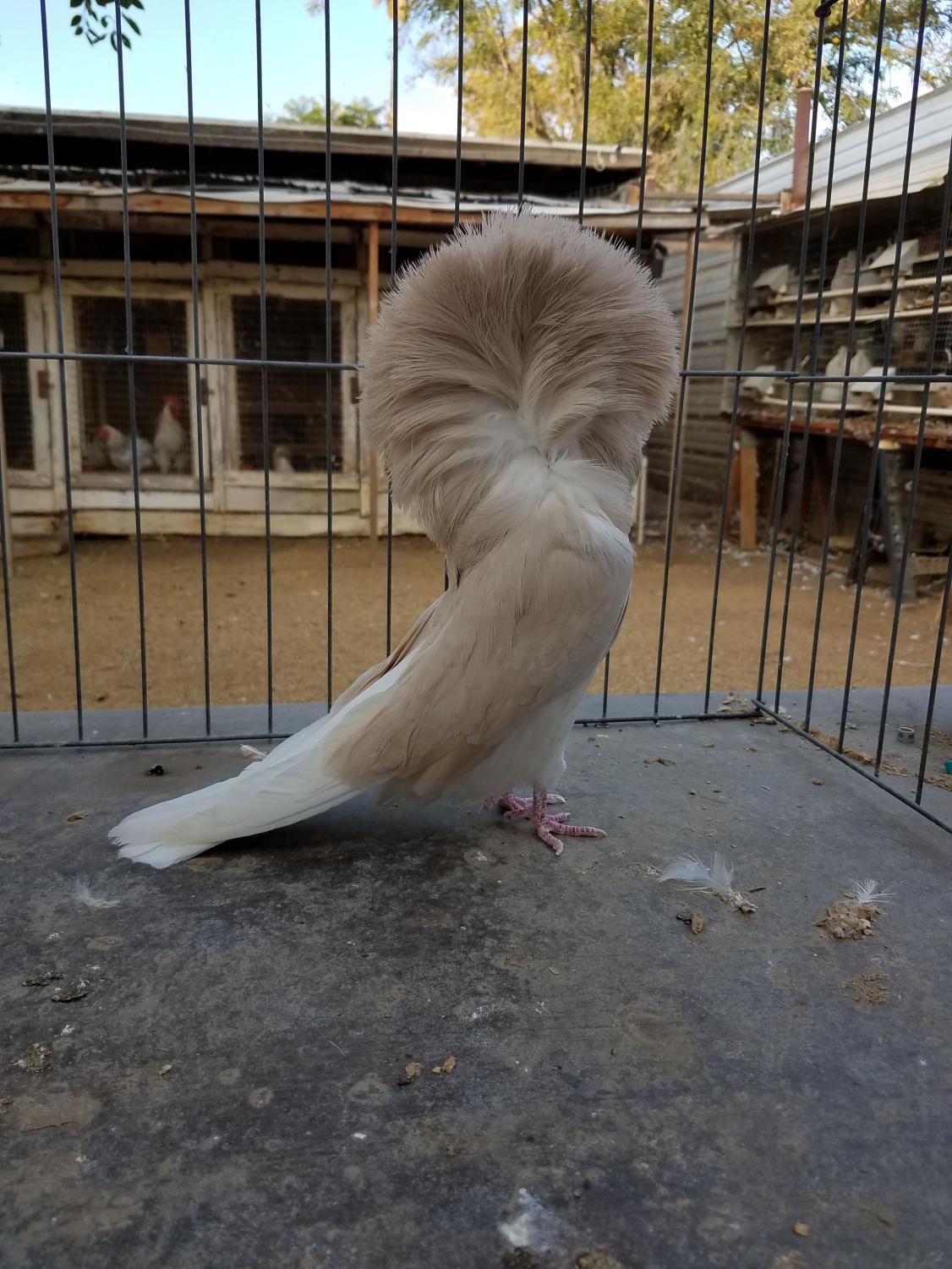
Between breeding pigeons and teaching, which is your greatest passion?
“This is a hard question, because teaching for me has been an outstanding journey. Helping students overcome their fear of public speaking is so rewarding because I’ve been in their shoes. Scared of going up and talking to a crowd was so terrifying to me. However, with some help, anything can be achieved. When it comes to breeding, I owe so much to those birds who have literally changed the course of my path. Both passions have helped me become a better person. I think it’s a tie for this question.”
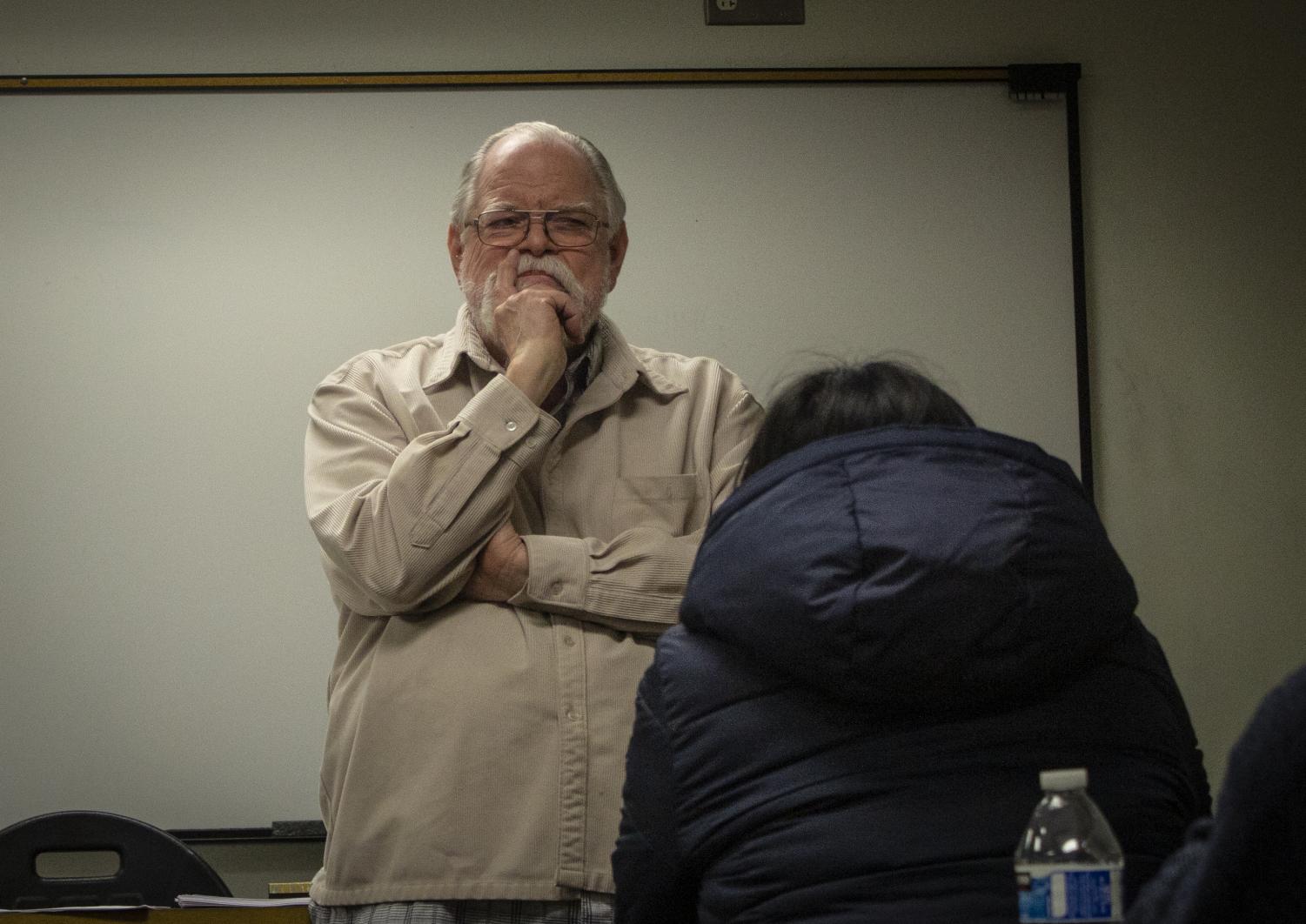
Why become a public speaking teacher, if as a kid you were terrified of speaking?
“There was a point in my life as I got older where I did not want to keep quiet anymore. I just needed to let my voice be heard. Of course, I needed help, [and] by help I mean a lot of help. However, this made life so much easier being able to not only speak to a large group of my peers but even little conversations. Young people often find themselves searching for who they are and some don’t even know the importance of their voice. Some are natural talkers who go on forever and others aren’t. I wanted to help those who aren’t able to. Like I said before, I was in their shoes and that makes my job easier because I can relate to them.”
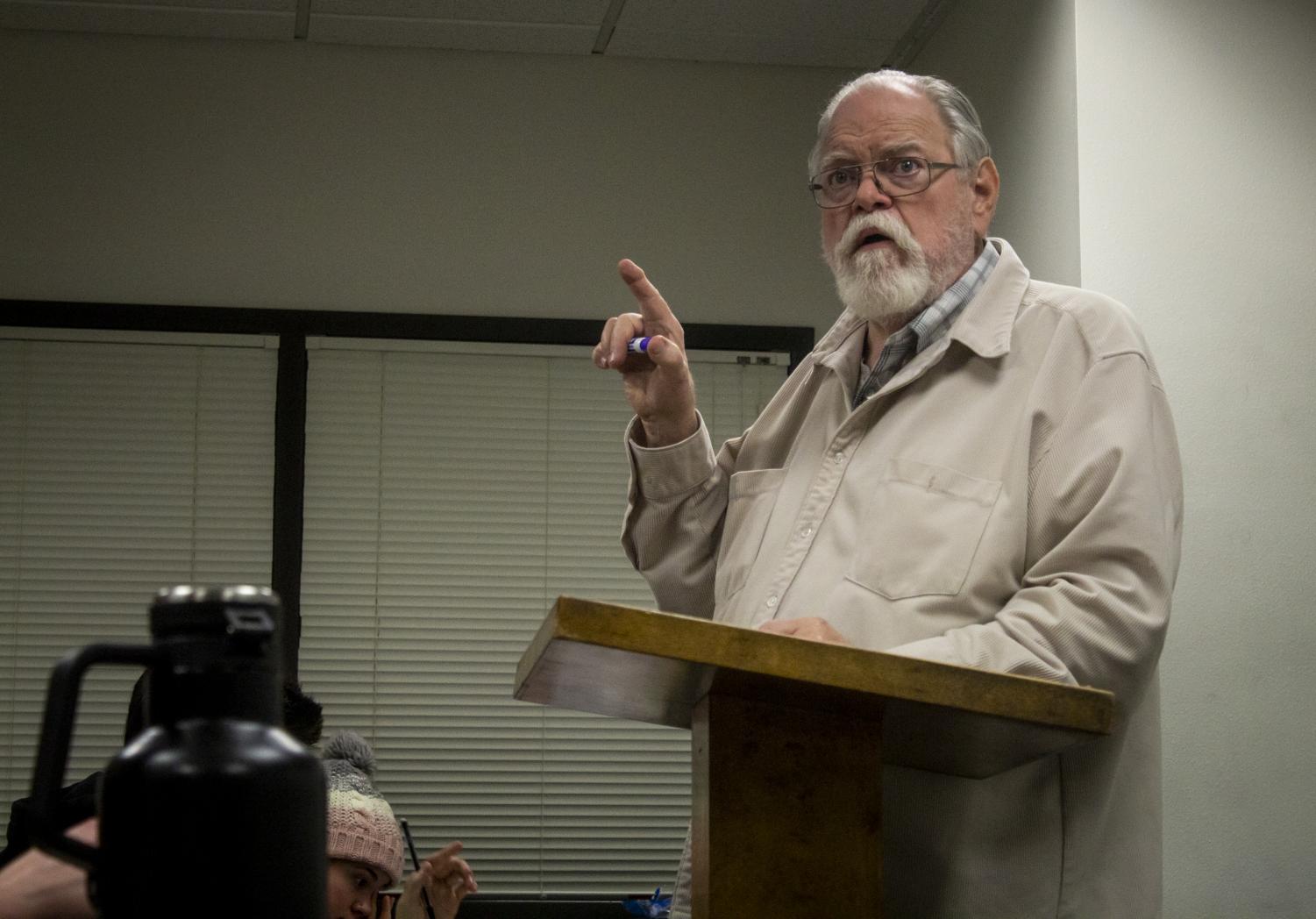
In what ways do you think your students change after taking your class?
“My job is to help them be better in speaking to crowds and I’ve noticed that some of my students come back to say how much of an impact my class was for them. Others on the last day of school say ‘thank you,’ and shake my hand. As a teacher, this is what we like to see. It makes us feel good. Over my course here at Moorpark College, people tend to be thankful of my job and that humbles me. I think I’ve done a pretty good job by all means.”
What do you consider your greatest achievement as a public speaking teacher?
“[My] greatest achievement is getting the opportunity to help students find their own voice in a noisy world.”

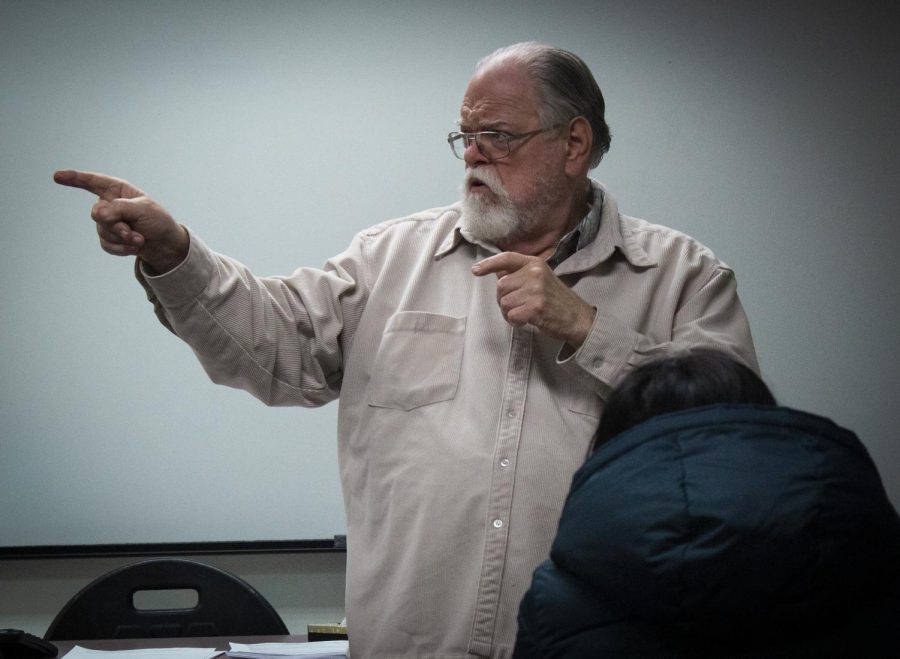
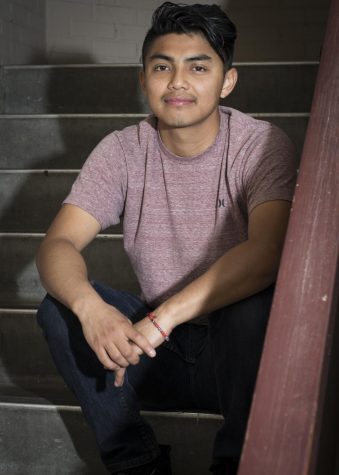
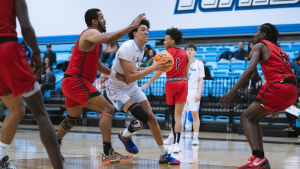
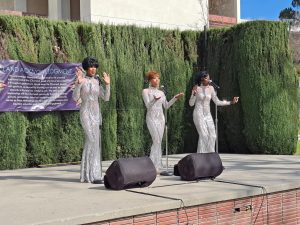

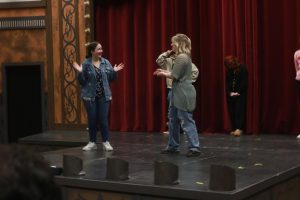
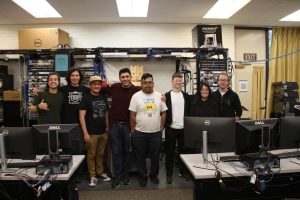
Robert Mensah • Dec 6, 2020 at 3 -08:00.12.
I want to be like Drew Paul Lobenstien